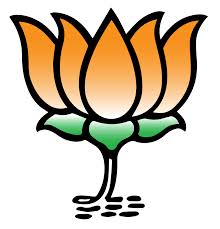Indian Army Distributes Books And Stationery To Underprivileged School Girls In Dhara Nar, Totagali, Poonch
POONCH, October 02: The Indian Army’s Territorial unit launched a significant initiative at Government Middle School, Dhara Nar, Totagali in the Poonch district, distributing essential educational materials—books and stationery—to underprivileged school girls.


This event was part of the Beti Bachao, Beti Padhao mission, which aims to promote the education of girls and support those from economically disadvantaged backgrounds, particularly those belonging to economical weaker sections.The initiative addressed the educational needs of girls in a region where many families struggle with financial constraints that impede their children’s access to quality education. By providing vital materials like School bags, notebooks, pens, colour boxes textbooks and other important stationaries, the Indian Army aimed to ease the burden on these families, ensuring that financial limitations do not result in children dropping out of school.
During the distribution ceremony, Indian Army officials highlighted the transformative power of education in empowering girls and breaking the cycle of poverty. They emphasized that investing in girls’ education not only benefits individuals but also contributes to broader societal progress. The event garnered significant support from the local community, including teachers, parents, and dignitaries, who expressed appreciation for the Indian Army’s ongoing efforts to uplift educational standards in remote areas. The atmosphere during the distribution was filled with joy and enthusiasm as the students received their school supplies.
This initiative not only equipped them with necessary educational tools but also served to inspire and motivate the girls to pursue their studies diligently. The palpable sense of community support reinforced the importance of collective efforts in promoting gender equality and educational access .The Indian Army’s actions exemplify a strong commitment to improving the lives of marginalized sections of society and reiterate the idea that education is a fundamental right for all children, regardless of socio-economic status. Such initiatives play a crucial role in fostering a culture of learning and growth, especially in areas where traditional educational resources may be limited.






